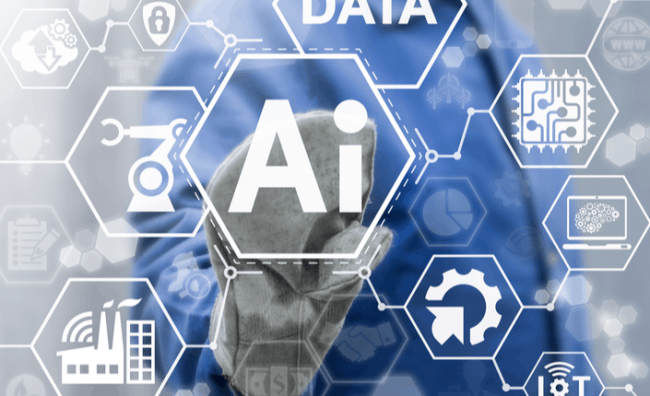
This article was written and published in Spanish and has been translated into English via Google Translate. Click here to read the original article.
Technological development is booming and has reached human resources departments to transform many processes, such as recruitment, but also others linked to administrative tasks and data management and analysis. So much so that some studies predict that the global market for human resources technology reach, by 2025, 30 billion dollars.
An example of the technological progress that is taking place in the areas responsible for the management of people in companies, is observed in the change that has occurred in the type of systems used to manage organizational processes, passing the OnPremise mode to SaaS (Software as a Service), in order to reduce fixed infrastructures, costs and improve the user experience.
Along with this, the human resources departments have also begun to introduce Artificial Intelligence (AI) in order to streamline the process of analyzing these data that the organization generates both internally and externally, as well as all that information that comes to fruition of the use of social networks and online platforms in recruitment, as well as of the technological systems put in place to improve the employee experience.
In this sense, an article published by HR technologist has highlighted that three trends will begin to dominate the transformation of human resources in 2019, placing people as the key to the success of this process of change.
Creation of a culture of continuous commitment
The experts highlight the importance of keeping the employees "focused and motivated", due to the high cost involved and will continue to be the loss of talent for organizations. For this, the interests of the professionals and the needs of the business itself must be taken into account, thus having to do an approximation exercise to both parameters, with respect to the implementation of certain actions. In this sense, recent studies have revealed an increase in concern for their financial security, in the new generations, who also demand more freedom and flexibility at work.
Also, the article collects the statements of Zack Dugow, CEO and Founder of Insticator, which points to the need for greater involvement of talent in the company, which should encourage their participation in the business. "In order to train a team and ensure that all employees feel special, there must be an approach where the company puts its employees first," he says. In this way, it is advisable to monitor and improve their experience, at each stage of the life cycle of the employees, in addition to doing an exercise of transparency and constant communication. "There needs to be more transparency and that leaders are vocally self-critical," adds Dugow.
Artificial intelligence in the workflow
The second of the highlighted trends is related to the advantages that artificial intelligence (AI) provides to human resources. In fact, there are already real cases where these intelligent systems have already succeeded in reducing the time it takes a company to recruit new talent, and to determine the suitability of a particular professional profile to the job offered.
One example is found in Unilever, where AI is already used in the recruitment process, although this does not mean that the people who are responsible for the final decision-making during the interview process are not left out. A stage where, however, also begin to make digital changes, introducing new modalities, which includes the possibility of using video presentations or interviews at a distance.
Along with this, the use of chatbots, predictive analysis and automation is allowing to increase productivity and improve the quality of work. AI is also helping recruiters and HR professionals save valuable time by automating high-volume repetitive tasks, such as curriculum analysis, talent acquisition, candidate participation and evaluation.
Integrity and data quality
According to HR technologist, "data is the basis of technologies such as artificial intelligence and predictive analysis, and human resource teams that adopt the power of data can make measurable, transparent and comprehensive recommendations and decisions."
However, the article highlights the importance of taking into account "the integrity and quality of the data" when making the right decisions.
"In 2019, leaders and human resource providers will have to carefully analyze the data that is being introduced in the 'Smart Systems' and algorithms, to eliminate the unconscious biases."
In addition, experts point out that, while SaaS solutions have improved the quality of data, "there is still a large number of records that are entered manually at some point in the process."
"Administrative errors, such as double billing or payroll errors, can cost organizations a lot of money. In addition to erroneous decisions, erroneous human resource data can also have substantial financial costs," they conclude.
This article was written and published in Spanish and has been translated into English via Google Translate. Click here to read the original article.
Join us in Madrid, November 12-15 for the Global Online Marketplaces Summit.
"*" indicates required fields
"*" indicates required fields
"*" indicates required fields
"*" indicates required fields